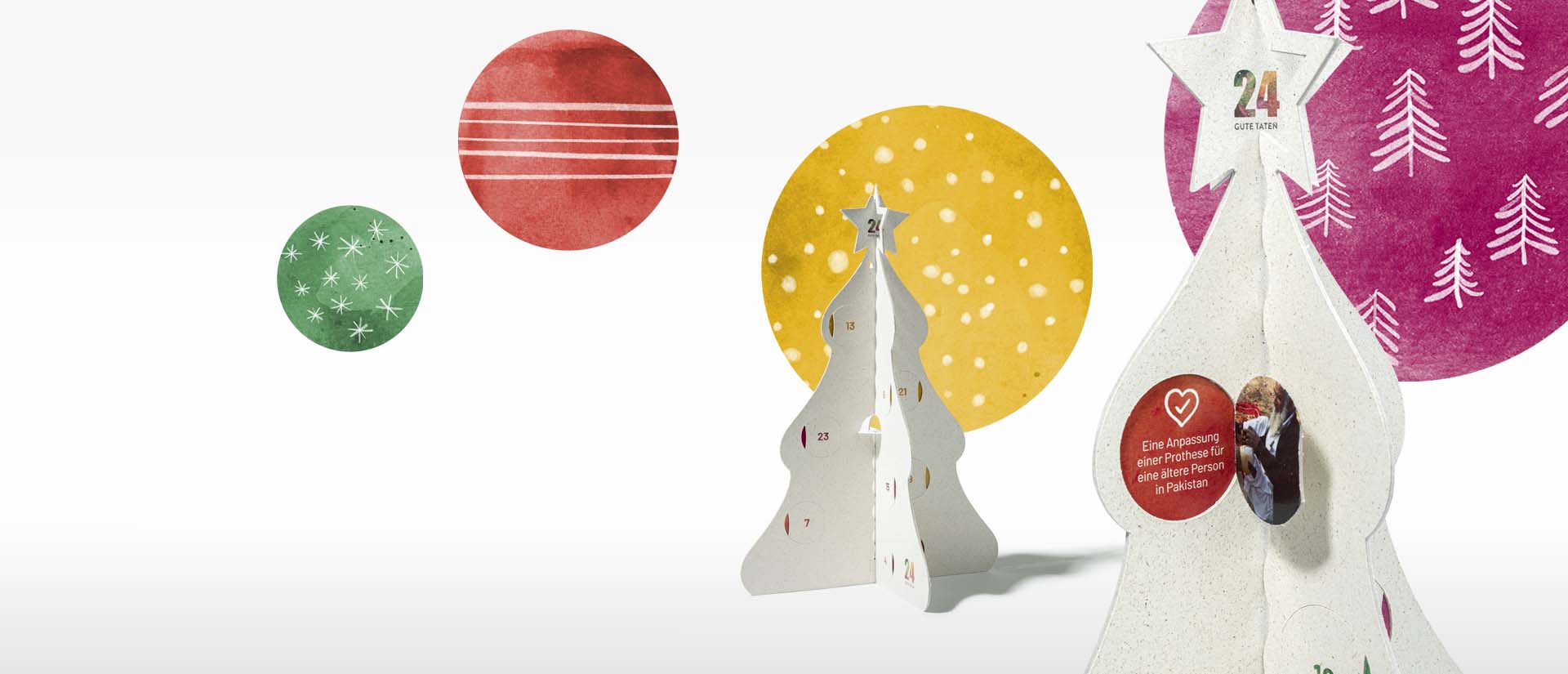Advisory Board
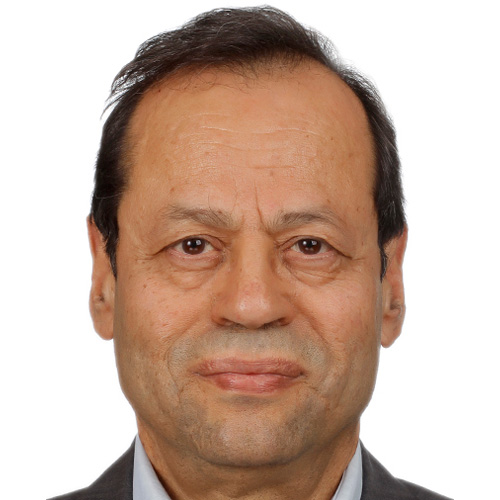
Dr. Ismail Al Baz
has been involved in international development cooperation for nearly 30 years, working for a variety of actors in both governmental and non-governmental development cooperation. His work predominantly focusses on water, sanitation and hygiene in the MENA region (Middle East and North Africa). He currently lives in Amman (Jordan) and spearheads a venture for the adaptation of the sanitation sector to climate change.
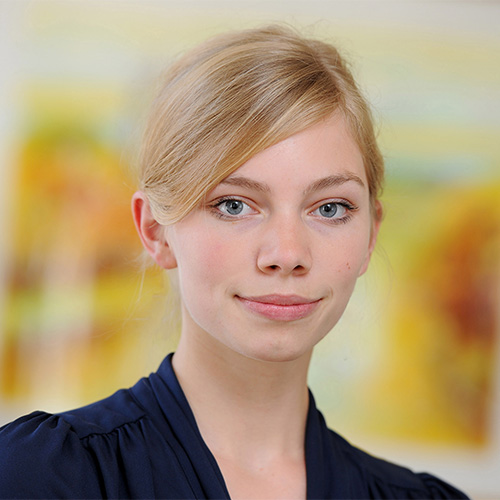
Johanna Wehkamp
has been with the 24 GOOD DEEDS team from the beginning. She completed her doctorate in economics on the topic of financing for the protection of tropical forests. Currently she works for the German Federal Ministry for the Environment, Nature Conservation and Nuclear Safety. Previously, she worked at the World Bank and the United Nations in the field of forest conservation.
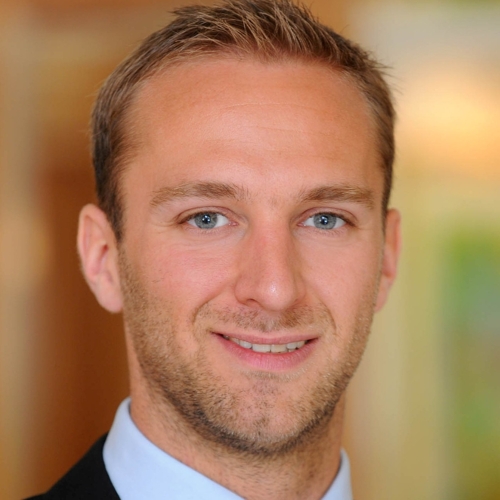
Florian Lewerenz
is advisor in the German Federal Ministry for Economic Cooperation and Development. He has been responsible for the support of development projects of German NGOs and works currently in the Middle East department. Prior he has been working several years for GIZ with a focus on peace, security and development. Further workplaces have been the German Parliament, the EU-Commission and the UN Office on Drugs and Crime in Vienna as well as in South-East Asia. He studied political sciences.
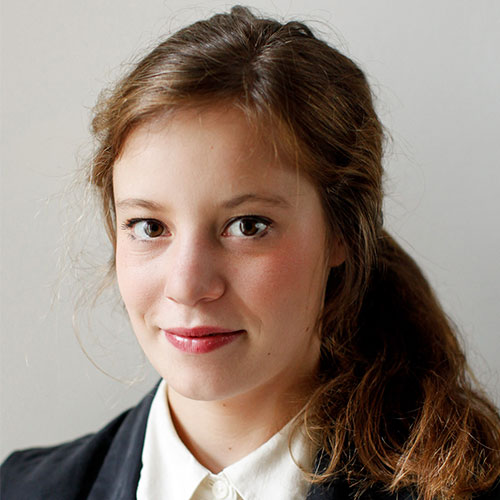
Lisa Strauch
studied International Development Studies in Amsterdam and has already worked for several NGOs in Peru and Nicaragua, and for the Deutsche Gesellschaft für Internationale Zusammenarbeit (GIZ) GmbH. Her main occupation is working for the Berlin research institute adelphi on the topic of climate protection in cities.
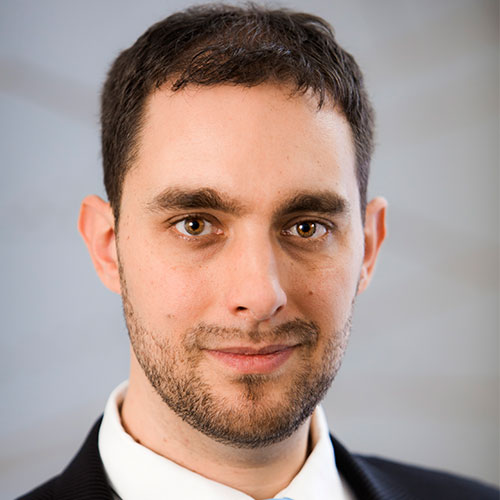
Christian Noll
Christian Noll is cofounder and managing director of the Deutsche Unternehmensinitiative Energieeffizienz e.V. (DENEFF). The initiative is comprised of more than 100 pioneering companies and advocates an effective policy for energy efficiency in Germany and Europe to combat climate change and energy poverty among others. Previously, he both worked and published as a campaigner for the Bund für Umwelt und Naturschutz Deutschland e.V. (BUND) in the field of sustainability and was a co-editor of the Klimakochbuch in 2009.
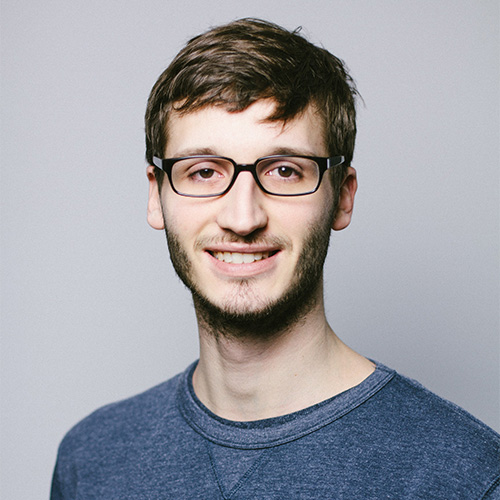
Sven Bratschke
studied geography and global change management and has worked for GIZ and atmosfair in the field of climate protection and adaptation to climate change. Besides 24 GOOD DEEDS, he works as an independent consultant for climate protection and nature conservation projects.
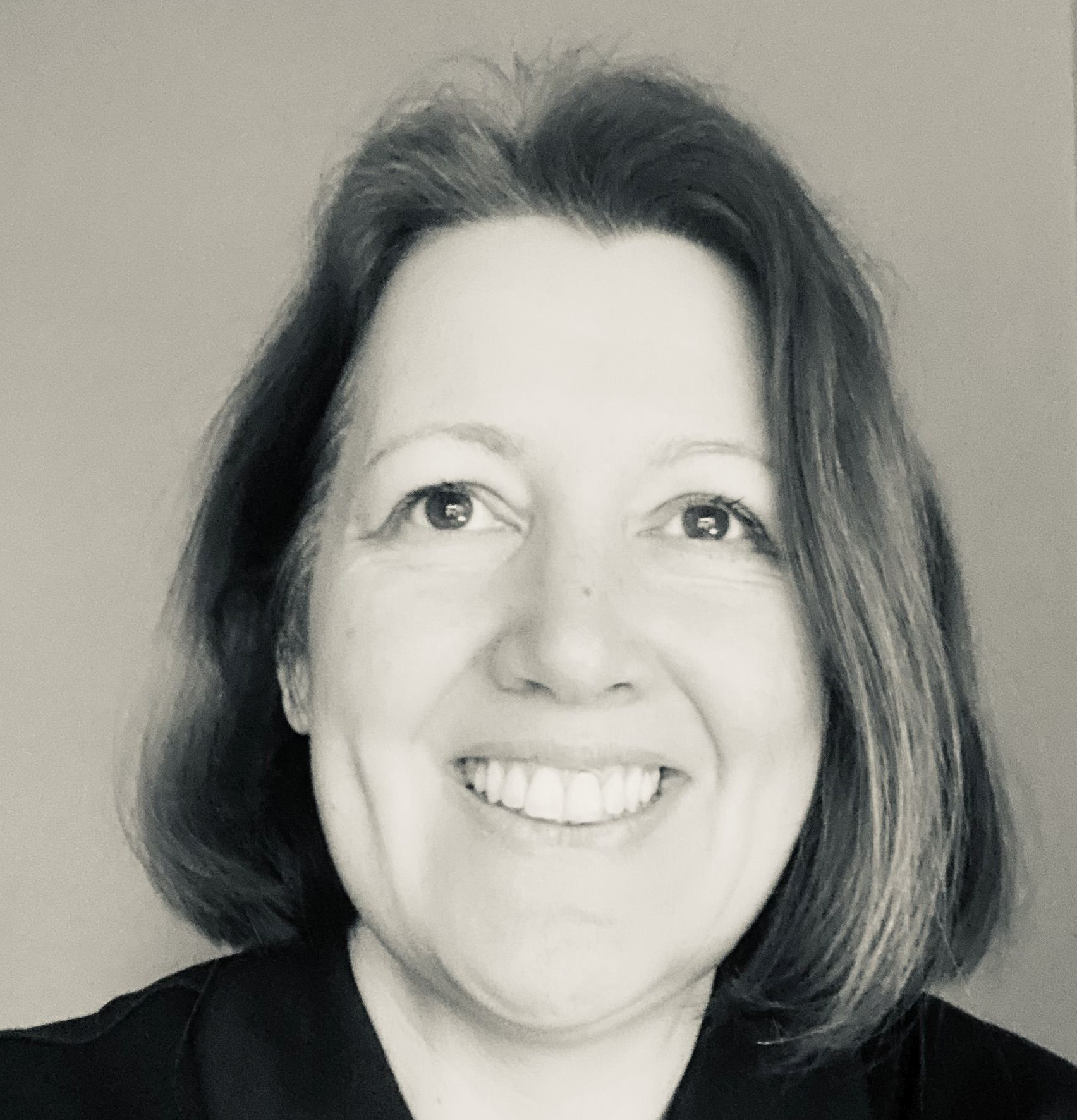
Stephanie Petrasch
has been working in the field of education for more than 20 years, from primary to higher education. Her focus is development cooperation with several years of experience on the ground in Ethiopia, Malawi and Guatemala, among others. For the past few years, she has been responsible for GIZ GmbH education projects in the Middle East, currently for Yemen. She is particularly committed to the inclusion of people with disabilities. She studied sociology in Germany, South Africa and England.
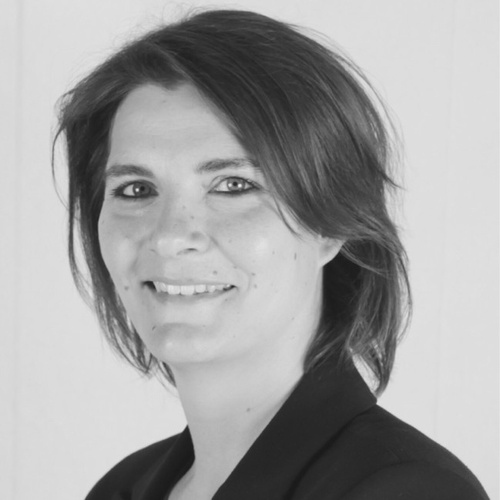
Ann Katrin Kray
has studied applied cultural sciences. She is currently working as a project manager and developing an interactive and educational exhibition that aims to emotionally convey global (climatic) contexts and impacts of climate change.
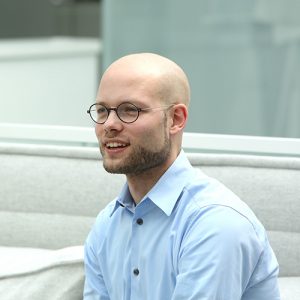
Severin Pinilla
a junior doctor at the University Hospital for Psychiatry and Psychotherapy in Bern. Previous stages of his career were a pharma company, a neurological intensive care unit as well as the fields of medical education and oncology as part of research and project work. He furthermore has been working for WHO projects on health promotion as well as for the Deutsche Gehörlosen-Bund e.V. as a director of projects.
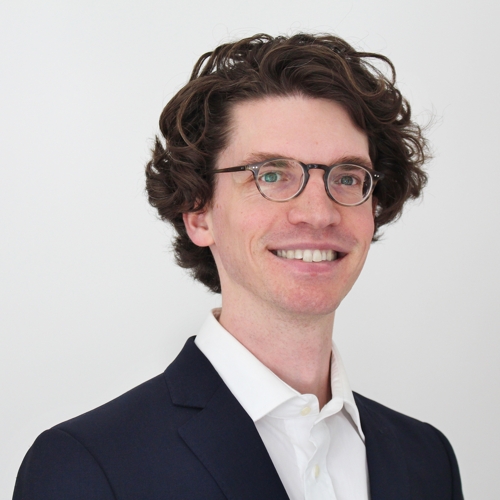
Jacob Rohm
is working to ensure that you can also travel long distances comfortably by train in the future. As a policy advisor for climate-friendly mobility at the environment and development organization Germanwatch e.V., he supports politicians in Berlin and Brussels in shifting traffic from air and road to rail. Previously, he worked as an analyst and consultant for the civil society strategy consultancy PHINEO and for the foundations of BMW AG in the fields of sustainability, education and Impact Investing. In addition to his studies in Politics and Business Ethics, he is a systemic consultant (DGSF) and takes different value systems calmly seriously.
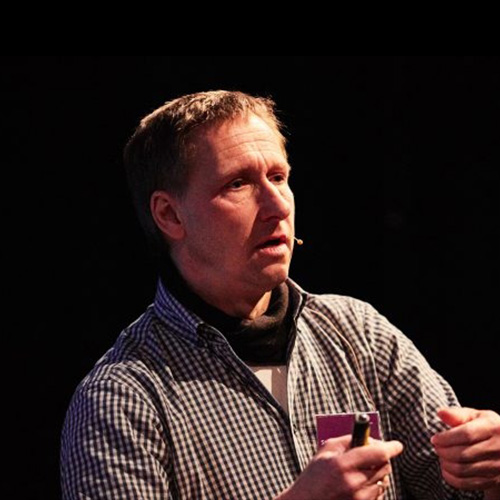
Stefan Rostock
is team leader in the field of education for sustainable development (ESD) at the environment and development organization Germanwatch e.V. in Bonn and NRW expert promoter for climate and development. His hobbyhorse is the promotion of a more political ESD with the Germanwatch Hand Print. Stefan Rostock studied theology and geography in Freiburg, Germany. Previously he worked as a consultant for international environmental protection at BUND / Friends of the Earth Germany and as a development specialist for small hydropower plants in Cameroon.
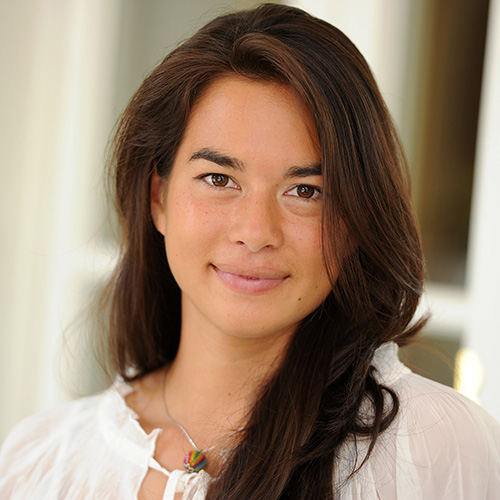
Christel Scheske
works for the conservation programme Conservamos por Naturaleza in Peru. She supports private organisations in planning, implementing and monitoring of conservation measures. She has previously gathered experience while working for UNEP, UNHCR and the Nature Conservancy. She holds a Master’s Degree in Conservation Science and had a maritime conservation scholarship from the Mercator Foundation.
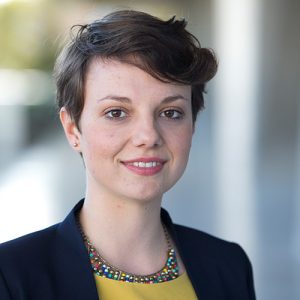
Mira Schneiders
is doing a PhD at the University of Oxford on ageing and caregiving in low-and-middle income countries. Previously, she worked in global public health policy and research, including for national and international NGOs in Cambodia as well as for the World Health Organisation (WHO) in Geneva.
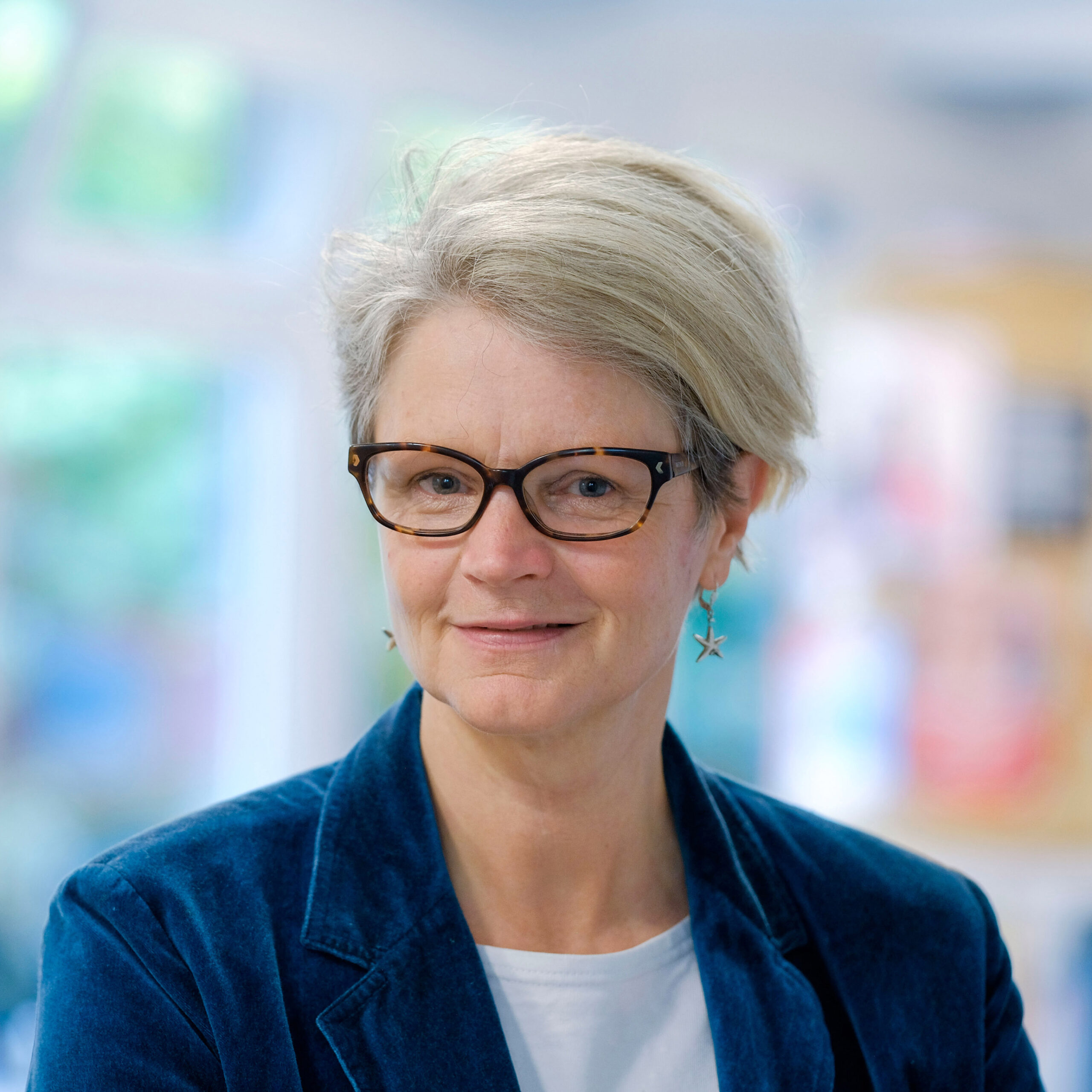
Svenja Koch
heads the communications department at the Caritas Association for the Diocese of Hildesheim (Catholic aid organization). She has worked for many years as a press officer and team leader for various non-governmental organizations. These included Greenpeace (12 years), Oxfam, German Red Cross - International Disaster Relief, Oxfam, Bread for the World, Campact. She is a trained journalist, a graduate of the 7th course of the Henri Nannen School and was responsible for environmental reporting for NDR and Der Spiegel, among others.
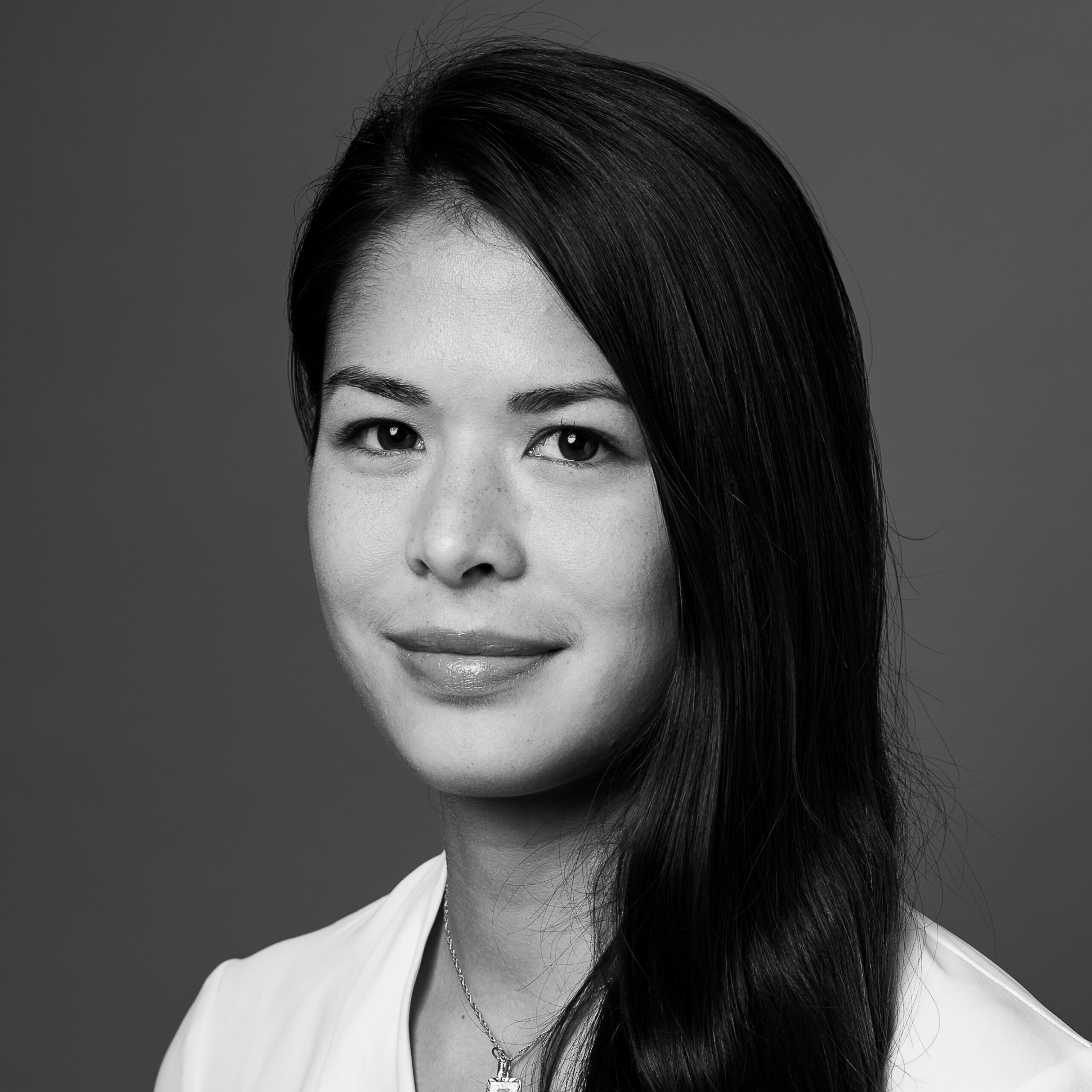
Laura Scheske
heads the Sub3 Foundation in the Netherlands, where she supports organizations worldwide in the fields of art & culture, society & humanitarian aid and climate & environmental protection. She previously worked for Invest International and the Global Center on Adaptation in the Netherlands. She also gained experience at GIZ and WHO/WMO in the field of climate adaptation. Laura studied biomedicine.

Nathalie Demel
has been working in the field of development cooperation in Germany and abroad for almost 20 years. She has worked for Welthungerhilfe, the BMZ and Save the Children, among others, where she helped develop, manage and support programs in the areas of rural development, food security, child protection and income generation. She is currently a nutrition policy officer at Welthungerhilfe in Bonn. She holds a degree in cultural economics and is a graduate of the 49th year of the Seminar for Rural Development.
